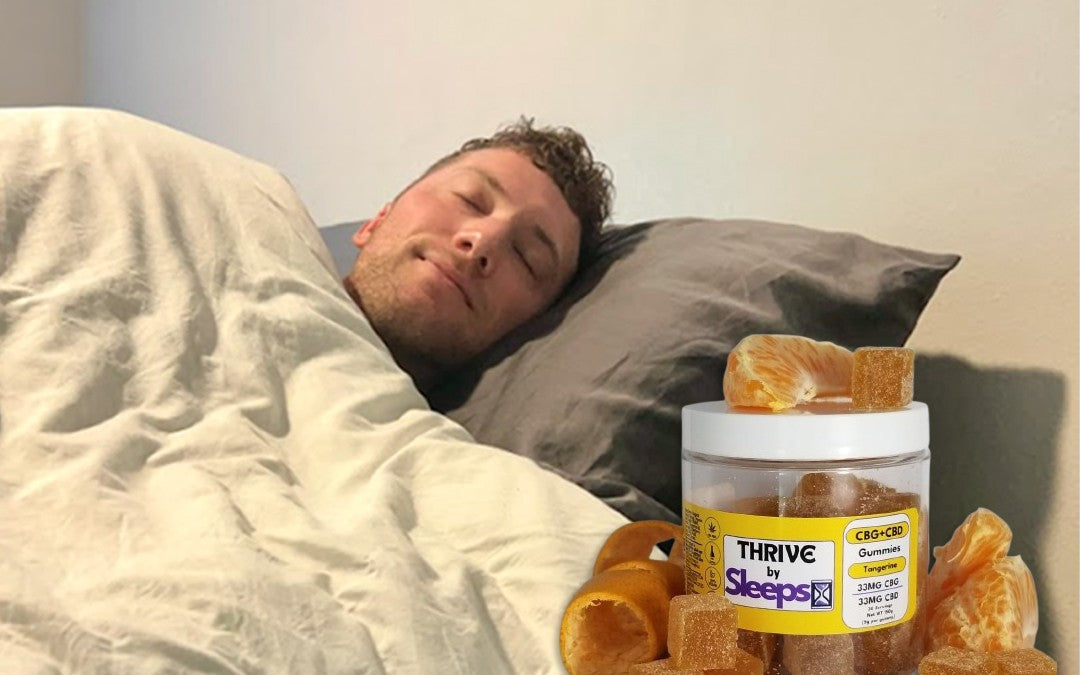1. Introduction to Sleep Quality and Duration
Getting enough sleep is often considered the key to waking up refreshed. However, many people experience fatigue despite getting the recommended 7-9 hours of sleep. This discrepancy can be frustrating and confusing, leaving individuals wondering why they still feel tired after what seems like a full night of rest.
2. Importance of Sleep
Sleep is critical for maintaining physical health, mental clarity, and overall well-being. During sleep, the body repairs tissues, synthesizes hormones, and processes cognitive functions like memory and learning. Without sufficient restorative sleep, our immune system weakens, mental performance declines, and mood disturbances can occur.
3. Optimal Sleep Duration
While the general recommendation is 7-9 hours of sleep per night for most adults, individual needs can vary significantly. Factors such as age, lifestyle, and overall health play a role in determining the optimal sleep duration. It’s essential to identify your personal sleep needs to ensure you’re getting the right amount of rest for your body.
4. Common Reasons for Morning Fatigue
- Sleep Disorders: Conditions like sleep apnea or restless legs syndrome can disrupt the sleep cycle, preventing you from reaching the deep stages of sleep necessary for feeling rested.
- Stress and Anxiety: Mental stress can keep your mind active, making it difficult to fall asleep and reducing the quality of your sleep.
- Inconsistent Sleep Schedules: Irregular sleep patterns can confuse your body’s circadian rhythm, leading to poor sleep quality.
- Excessive Screen Time: Blue light from screens can suppress melatonin production, which is crucial for sleep onset and quality.
- Poor Sleep Environment: Factors like noise, light, and an uncomfortable mattress can prevent deep, restorative sleep.
- Diet and Lifestyle: Consuming caffeine, sugar, or heavy meals close to bedtime can negatively impact your sleep.
5. How to Improve Sleep Quality
- Regulate Sleep Schedule: Stick to a consistent bedtime and wake-up time, even on weekends, to help regulate your body’s internal clock.
- Enhance Sleep Environment: Make your bedroom a sanctuary for sleep by using blackout curtains, investing in a comfortable mattress, and eliminating noise.
- Stress Management: Incorporate relaxation techniques such as meditation or gentle yoga before bedtime to calm your mind.
- Dietary Adjustments: Avoid stimulants like caffeine and heavy meals close to bedtime. Instead, opt for light, sleep-promoting snacks if needed.
- Physical Activity: Regular exercise promotes better sleep, but it’s essential to avoid intense workouts close to bedtime.
6. When to Seek Medical Advice
If improving your sleep habits and environment does not alleviate your fatigue, it may be time to consult a healthcare provider. Persistent tiredness could be a sign of an underlying condition that requires professional attention.
How SleepsCBN Gummies Can Help
If you’ve tried everything and still find yourself waking up tired, SleepsCBN gummies might be the solution you need. These gummies are formulated with CBN, a natural cannabinoid known for its sleep-inducing properties. Unlike melatonin, SleepsCBN helps you achieve deeper, more restful sleep without the morning grogginess. By incorporating SleepsCBN gummies into your nightly routine, you can support your body’s natural sleep processes and wake up feeling refreshed and ready to take on the day.
source:
Calm. "Here’s Why You’re Waking Up Tired After 8 Hours of Sleep." Calm Blog, 2024, https://www.calm.com/blog/waking-up-tired
Calm. "How to Get Better Quality Sleep: 6 Tips to Improve Your Sleep." Calm Blog, 2024, https://www.calm.com/blog/how-to-get-better-quality-sleep
Calm. "I Can't Stop Tossing and Turning: How to Beat Restless Sleep." Calm Blog, 2024, https://www.calm.com/blog/restless-sleep




